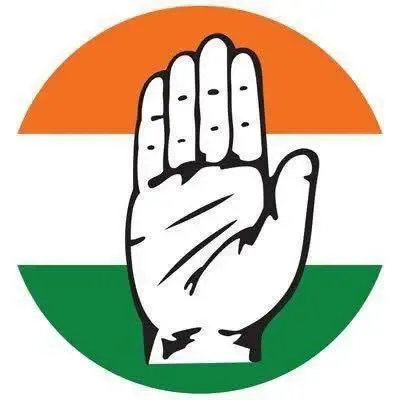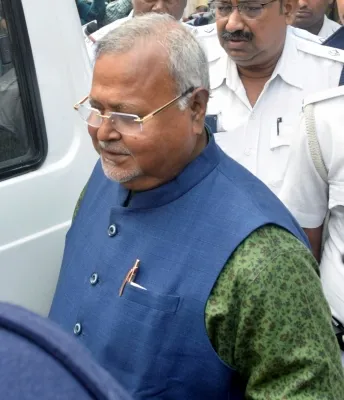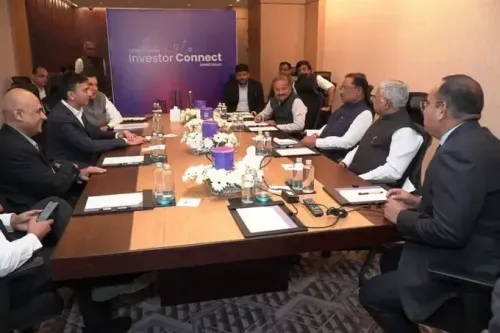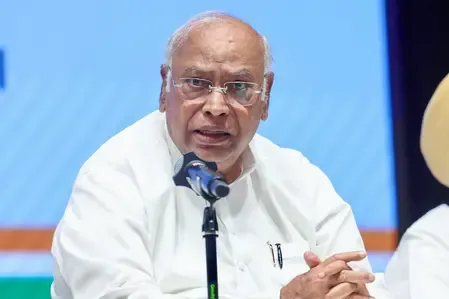Did the NIA Court Just Acquit All 7 Accused in the 2008 Malegaon Blast?
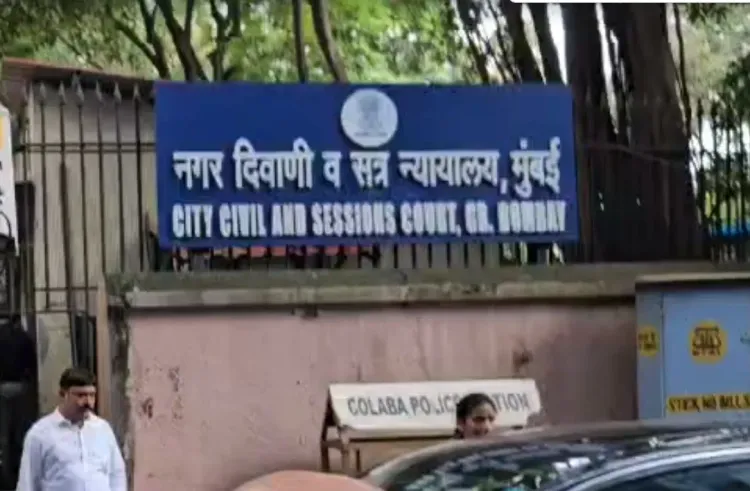
Synopsis
Key Takeaways
- Seven individuals acquitted due to lack of evidence.
- Prosecution failed to establish a clear link to the bomb.
- The court highlighted flaws in the investigation.
- Compensation ordered for victims' families.
- Ongoing appeal expected from victims' advocates.
Mumbai, July 31 (NationPress) The benefit of the doubt granted to the seven acquitted individuals in the 2008 Malegaon blast case stems from the Special NIA court’s dismissal of the prosecution's assertion that Lt Colonel Shrikant Purohit placed the bomb on a motorcycle linked to Sadhvi Pragya Singh Thakur.
The Special National Investigation Agency (NIA) Judge A.K. Lahoti criticized the prosecution for failing to demonstrate who created or supplied the explosive device and condemned the investigators for not identifying who installed the bomb on the motorcycle.
By giving the accused the benefit of the doubt, the court rejected the claim that Lt Colonel Purohit attached an explosive to the motorcycle, indicating that it could have been positioned or suspended on the vehicle instead.
Furthermore, the motorcycle's chassis number was never recovered, and it could not be confirmed that Sadhvi Pragya was indeed the owner of the motorcycle, the court observed.
No links were found between Abhinav Bharat and any criminal activities, and the entire case relied on mere allegations, the court stated.
Additionally, Judge Lahoti remarked that there was no evidence to support claims that RDX was stored at Lt Colonel Purohit’s home and expressed serious concerns regarding allegations that explosives were placed at the home of accused Sudhakar Chaturvedi.
The court has now instructed the Additional Director General (ADG) of the Anti-Terrorism Squad (ATS) to investigate allegations concerning explosives at Chaturvedi's residence.
The acquittal also highlights the inadequate investigation carried out in this case. The court noted that the 'panchnama' was improperly prepared post-blast, and no fingerprints were collected from the crime scene.
Experts failed to gather evidence effectively after the incident, resulting in the contamination of vital proof, the NIA court commented.
The seven individuals tried included Sadhvi Pragya Singh Thakur, former BJP MP from Bhopal; Lt Col Prasad Shrikant Purohit, then a serving officer in Military Intelligence; Major (Retd) Ramesh Upadhyay; Ajay Rahirkar; Sudhakar Dwivedi; Sudhakar Chaturvedi; and Sameer Kulkarni.
The explosion resulted in six fatalities on September 29, 2008, and injured 101 individuals in Malegaon, a communally sensitive region in Maharashtra, when a bomb affixed to a motorcycle detonated near a mosque during the holy month of Ramzan.
Following the blast, riot-like conditions arose at the scene, with local residents attacking police, further complicating the investigation.
While the NIA court acquitted the accused, it also mandated the Maharashtra government to compensate the victims' families with Rs 2 lakh and Rs 50,000 to the injured.
Meanwhile, Advocate Shahid Nadeem, representing one of the victims, stated, "This is not a definitive acquittal; an appeal will be lodged in this matter."
Previously, accused Major Upadhyay mentioned, "I endured physical torture, mental anguish, financial ruin, and social ostracism. My landlord evicted me with my belongings. I spent nine years in prison, and my family suffered greatly..."
The hearings concluded in April this year, with the court reserving its judgment on April 19.
Throughout the trial, the prosecution examined 323 witnesses, yet 34 of them became hostile, significantly undermining the prosecution's case.
Initially, the investigation was led by the Maharashtra Anti-Terrorism Squad (ATS), which arrested the accused and filed the first charge sheet. However, in 2011, the inquiry was handed over to the NIA.
In 2016, the NIA submitted a supplementary charge sheet dropping several charges against some accused, including Sadhvi Pragya, citing insufficient evidence to pursue them under stringent anti-terror laws.
All accused were on bail during the trial, facing serious allegations, including conspiracy, murder, and explosives-related charges under UAPA and IPC provisions.

